Environmental
Preservation Business
By properly processing and recycling a wide variety of waste materials, we are helping to realize a recycling-oriented society.
- Business Fields
- Business Domains Supporting Recycling
- Processes of Industrial Waste Disposal and Recycling
- Group Network
- Licenses acquired by the Group
- Solving social issues through business activities
Business Fields
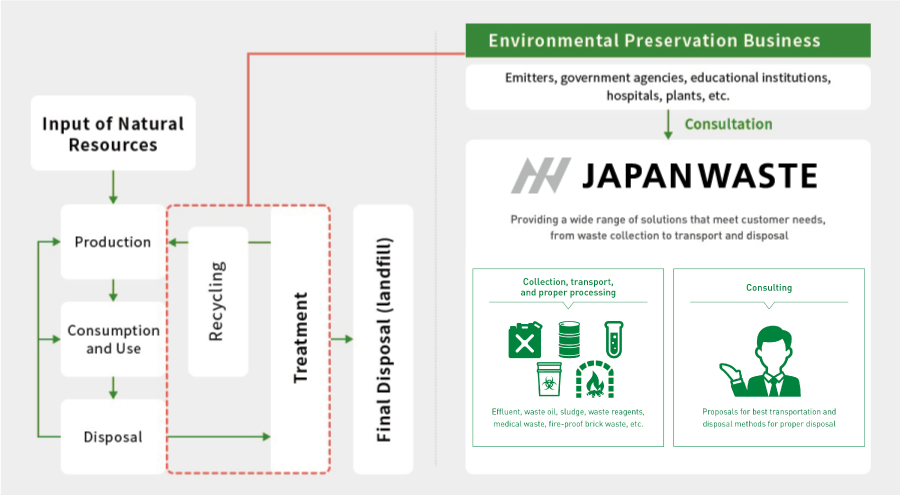
Business Domains Supporting Recycling
-

- Waste Reagents
- The Group collects reagents for disposal from educational and research institutions.They are packed one by one for collection after confirming that they are stored in proper collection containers. Chemical content analysis is performed for any unidentified (poorly labeled) reagents to determine the appropriate processing method before disposal. Even small quantities of miscellaneous waste that are difficult to handle are also processed properly.
-
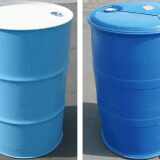
- Waste oil and sludge
- Based on analysis results, waste oils from factories are mixed and adjusted to achieve the optimal composition, before being recycled as alternative fuels. Meanwhile, sludge is recycled as raw materials for cement after adjusting content and moisture and then kneading them. The aim is to ensure and maintain the quality of all recycled materials.
-
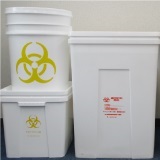
- Medical Waste
- We collect infectious waste and other waste materials generated by medical institutions. The collected medical waste is incinerated at our plant, and the waste residue is finally disposed of at a controlled final disposal site.
-
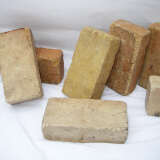
- Fire-proof bricks
-
Fire-proof bricks are used as refractories to line glass furnaces, kilns and incinerators.
Waste bricks generated by the demolishing of such facilities and periodic repair work are collected and carefully sorted. Recyclable items are reused as paving materials and fire-proof bricks.
-
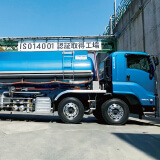
- Waste acids, alkalis and sludge (inorganic/organic)
- Waste acids, alkalis, and sludge are generated by a wide range of industries, and their properties are diverse, including inorganic and organic. Liquid waste is collected by a vacuum truck, subjected to neutralization and dewatering processes, then treated with microbes, before being discharged into the public sewer system. The residual sludge is recycled as a raw material for refi ning or composting, etc.
Processes of Industrial Waste Disposal and Recycling
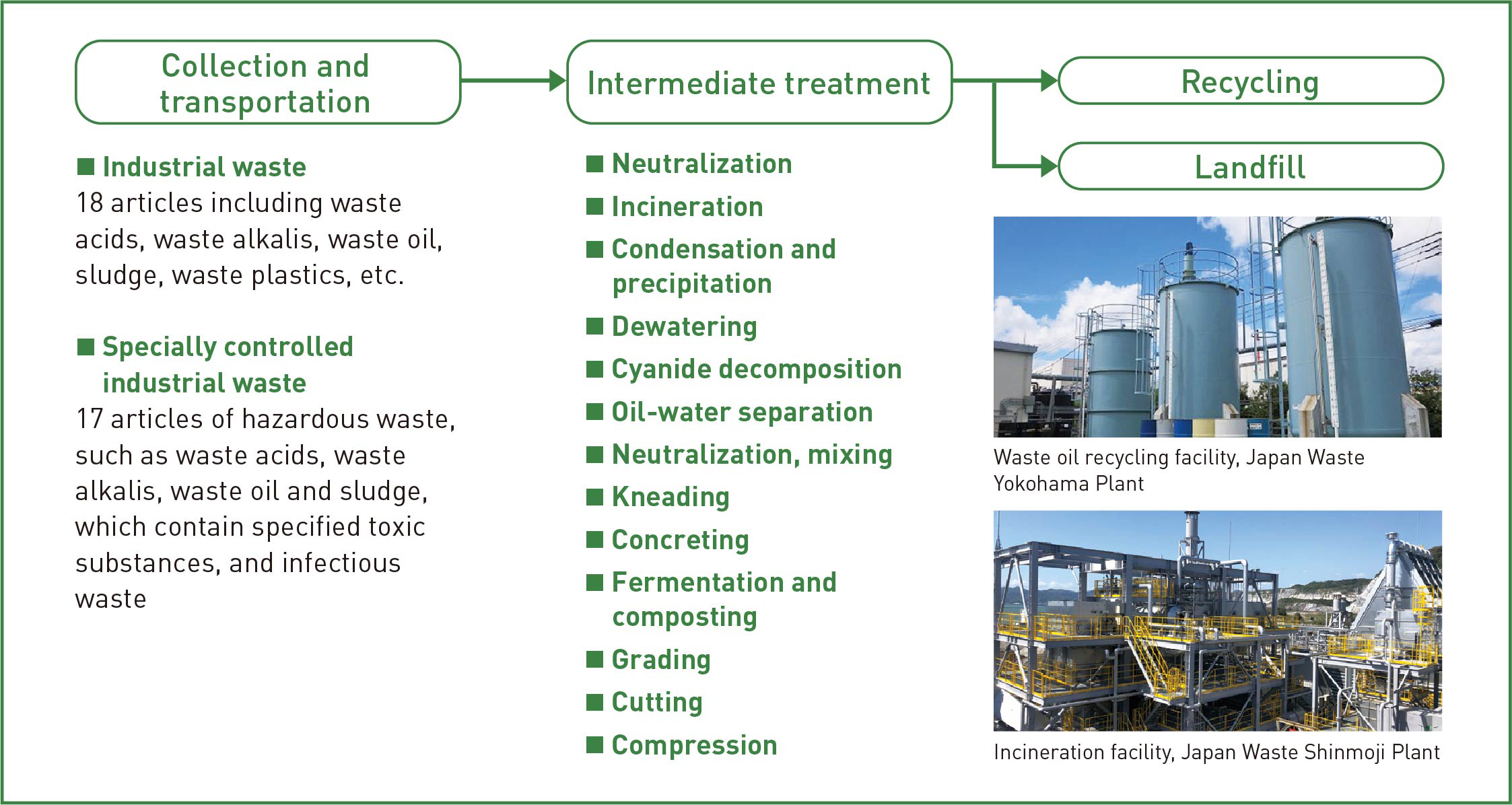
Group Network
We have a system for swift and proper waste disposal based on the necessary licenses for collection, transportation, and intermediate treatment of most types of industrial waste and specially controlled industrial waste. In addition, our outstanding technology for detoxifying industrial waste offers optimal solutions for environmental preservation.
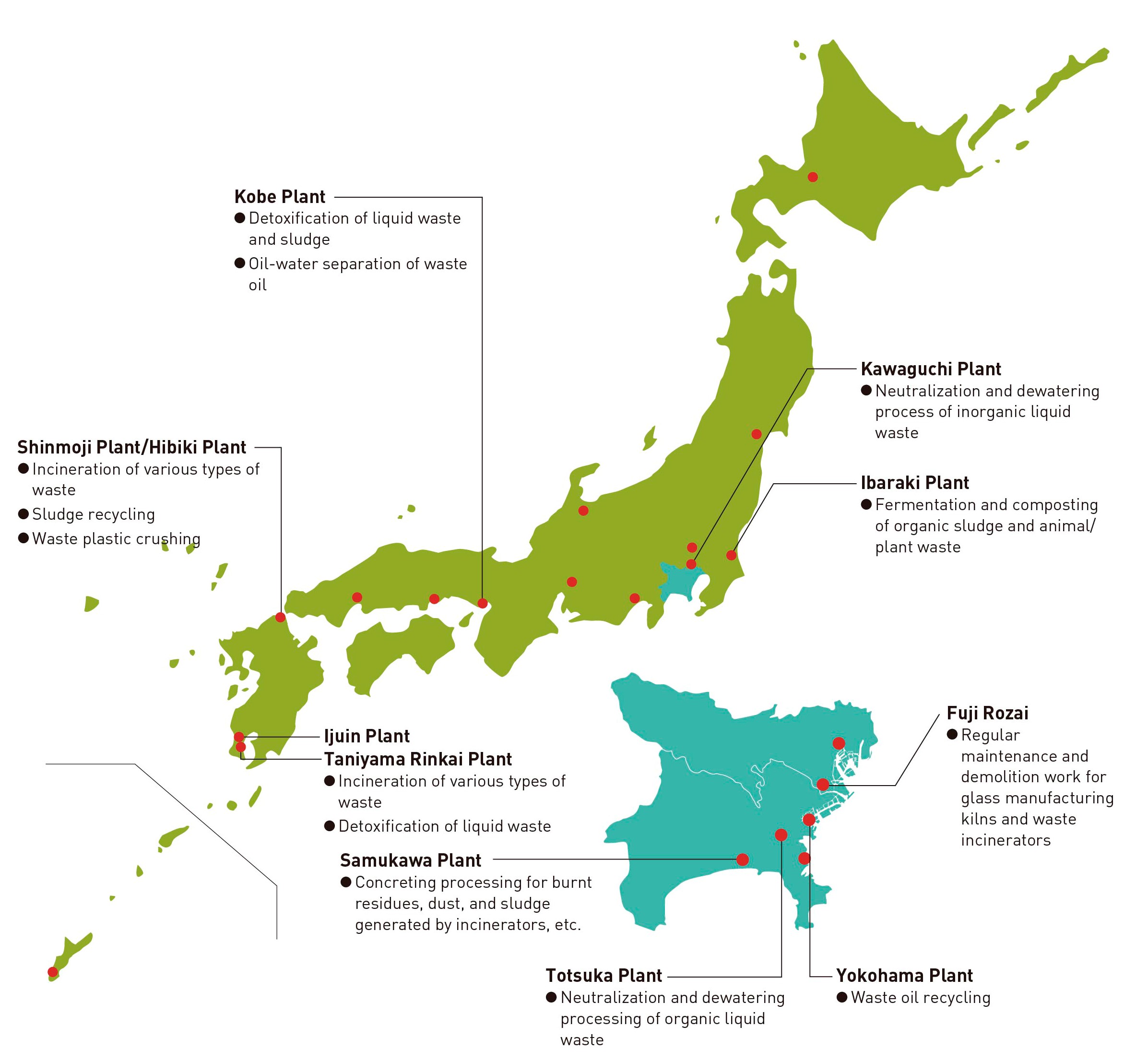
(As of Aug 1, 2023)
| Location/Base | Details |
|---|---|
| Japan Waste Yokohama Plant |
Recycling of waste oil
|
| Japanwaste Samukawa Plant |
Concreting process for burnt residues, dust and sludge generated by incinerators, etc.
|
| Japan Waste Kobe Plant |
Detoxification of liquid waste and sludge
Oil-water separation of waste oil
|
| Japan waste Shinmoji Plant / Hibiki Plant |
Incineration of various types of waste
Sludge recycling
Waste plastic crushing
|
| Japan Waste Ijuin Plant / Taniyama Rinkai Plant |
Incineration of various fypes of waste
Detoxification of liquid waste
|
| JW Chemitech Kawaguchi Plant |
Neutralization and dewatering process of inorganic liquid waste
|
| JW Chemitech Totsuka Plant |
Neutralization and dewatering process of organic liquid waste
|
| JW Chemitech Ibaraki Plant |
Fermentation and composting of organic sludge and animal/plant wastes
|
| Fuji Rozai |
Regular maintenance and demolition work for glass manufacturing kilns and waste incinerators
|
Licenses acquired by the Group
| Industrial waste collection transportation license | All prefectures, 9 government ordinance cities and core cities |
|---|---|
| Industrial waste disposal license | 9 prefectures and 5 government ordinance cities and core cities |
| Specially controlled industrial waste collection transportation license | All prefectures, 9 government ordinance cities and core cities |
| Specially controlled industrial waste disposal license | 8 prefectures and 5 government ordinance cities and core cities |
| General waste | Kitakyushu and kagoshima |
Solving social issues through business activities
Social issues relating to the Environmental Preservation Business
- Contamination by hazardous waste
- Pollution of water resources
- Impact on land and ocean ecosystems
Contributing to the SDGs
-
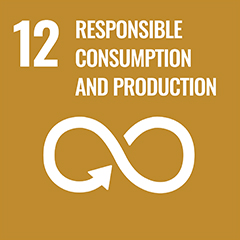
Realizing a sustainable society by recycling and detoxifying waste
-
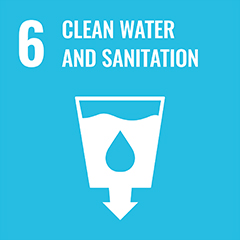
Securing the sustainability of water resources by detoxifying discharge such as waste acids and alkalis
-
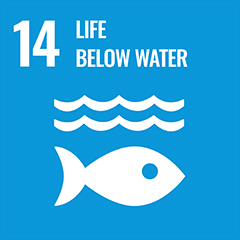
Preventing marine pollution by properly treating liquid and plastic waste
-
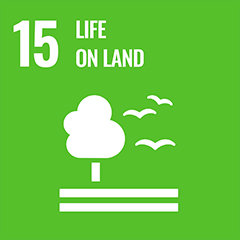
Preventing pollution of land environments by detoxifying waste, and extending the lifespan of final disposal sites by promoting recycling
-
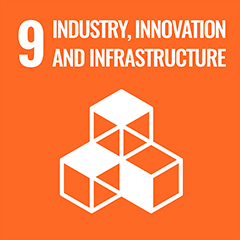
Advancing technological innovation from the standpoint of further improving resource utilization efficiency for various waste products, and promoting global sustainability
-
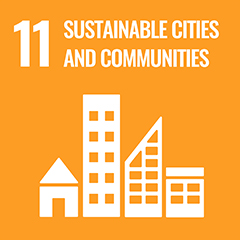
Achieving sustainable cities and other communities by properly managing waste
-
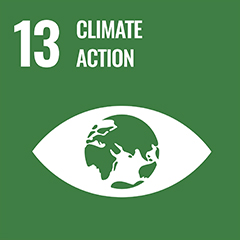
Helping to prevent climate change by reducing CO2 emissions from waste-to-energy power generation
-
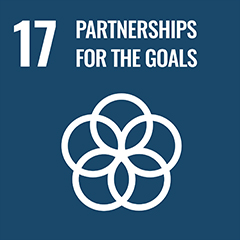
Promoting high levels of sustainability by collaborating with other companies


